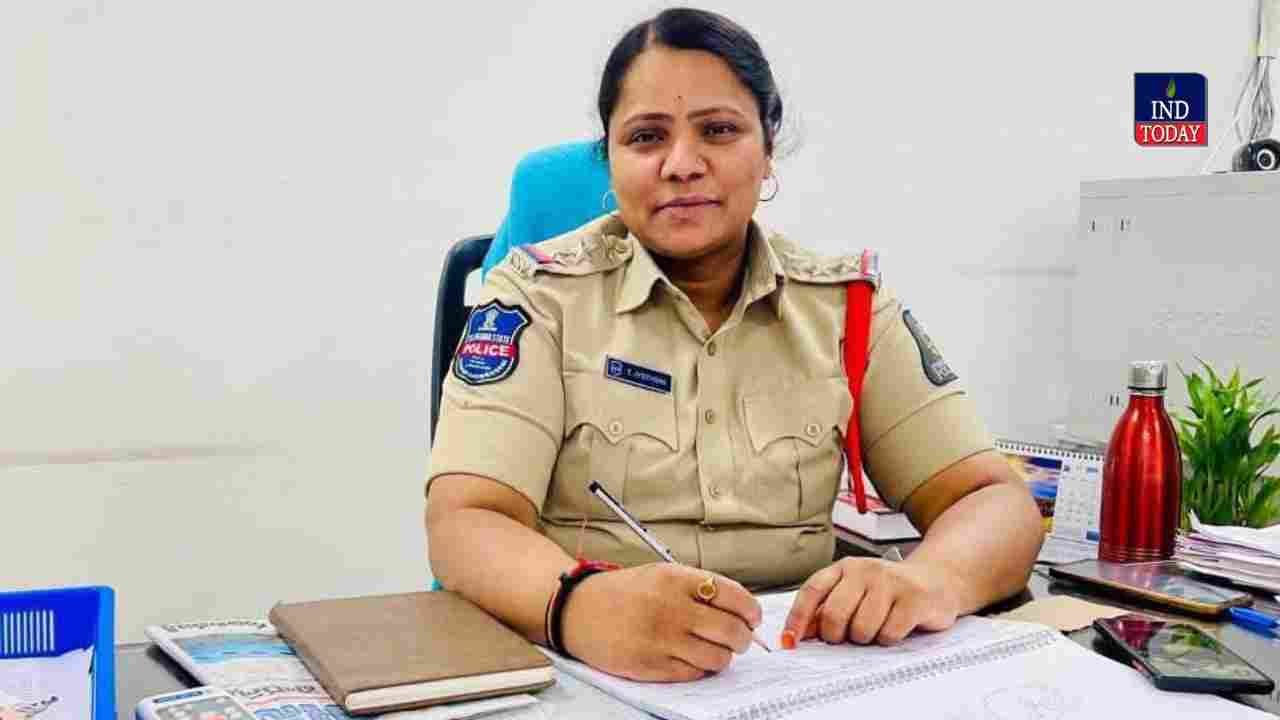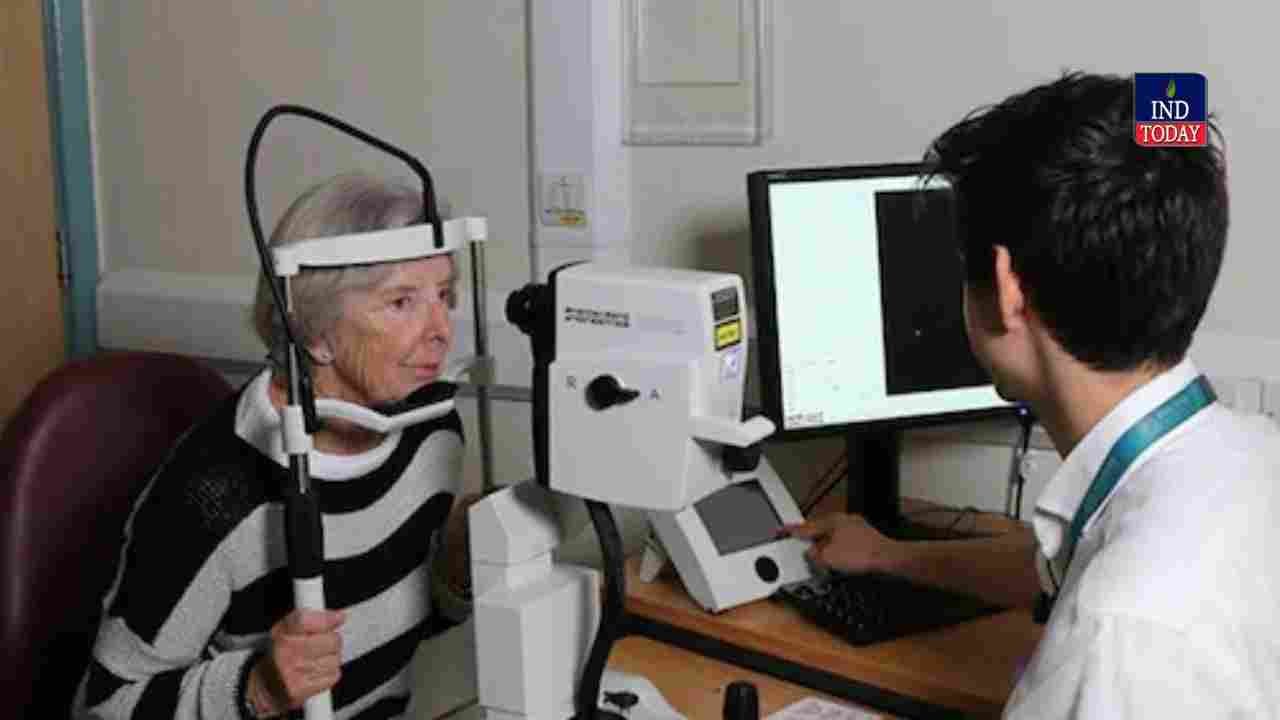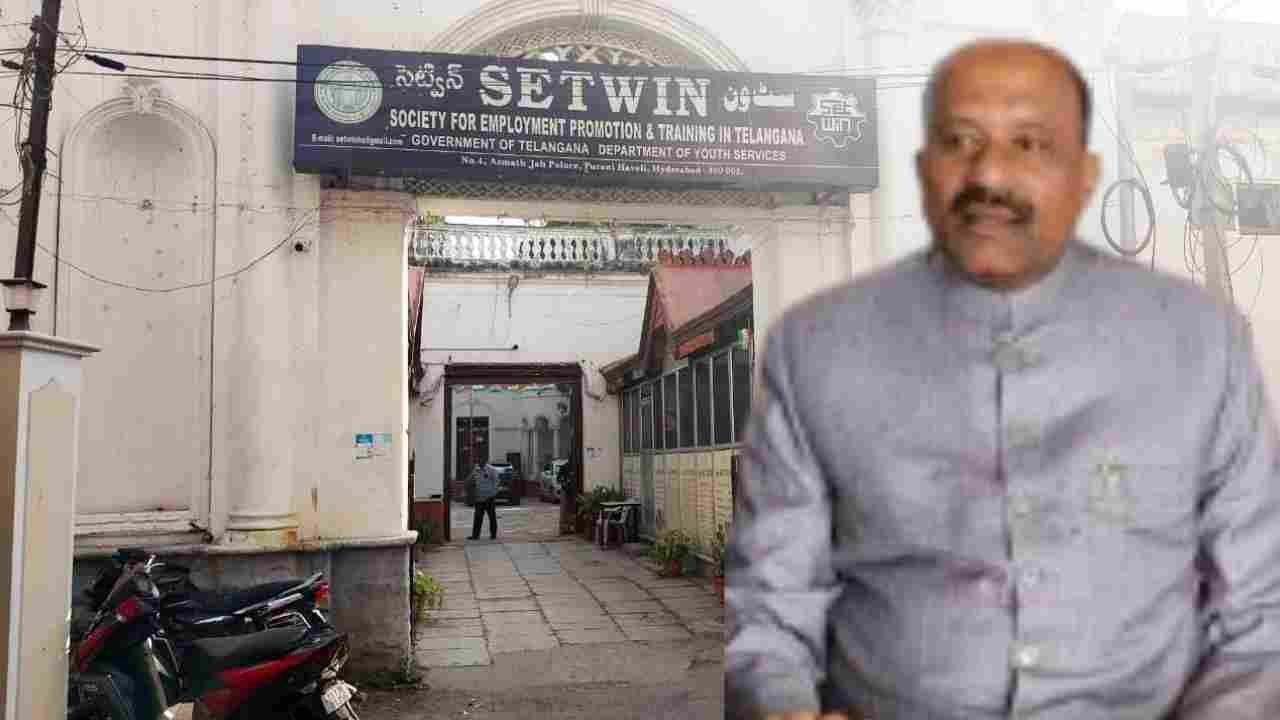In the latest tussle between the Centre and Maharashtra over Covid norms, the Union Health Ministry Wednesday conveyed to the state government that its revised guidelines for international travellers, following the emergence of the Omicron variant, are “in divergence” with Central norms, and urged it to “align” them for “uniform implementation”.
However, Maharashtra Chief Secretary Debashish Chakraborty told that the state will not “amend or revise” its guidelines — for now. Later, official sources indicated that there “might be some changes” Thursday with revisions to some restrictions.
“Under the Disaster Management Act and Epidemic Diseases Act, the state government holds the power to put in additional conditions to prevent the spread of the virus. So the state, acting in accordance with its authority, has decided not to mend or revise the current guidelines issued for international passengers,” he said.
According to Chakraborty, the Centre’s communication is “an advisory, not a compulsion”. “There are basic requirements that need to be observed, which we are following. In future, if any changes need to be made, considering the local situation and convenience of international passengers, we will consider them,” he said.
Earlier Wednesday, Union Health Secretary Rajesh Bhushan wrote to Maharashtra Additional Chief Secretary Dr Pradeep Kumar Vyas that four specific guidelines passed by the state for international travellers are “in divergence with the SoPs and guidelines issued” by the Ministry.
According to the Centre, the four key points of divergence are:
- Mandatory RT-PCR testing of all international travellers at Mumbai airport, irrespective of country of origin. The Centre has mandated such testing only for those from “at risk” nations.
- Mandatory 14-day home quarantine for all international passengers who test negative upon arrival. The Centre had specified seven days.
- Mandatory RT-PCR test for passengers planning to take connecting flights after disembarking at Mumbai; further travel is subject to a negative RT-PCR result. The Centre does not have such a norm.
- Requirement of negative RT-PCR test 48 hours prior to date of journey for domestic passengers travelling from other states to Maharashtra, irrespective of vaccination status. The Centre has not issued such a guideline.
“I would, therefore, urge you to align the orders issued by the state with the guidelines issued by the Ministry of Health…so that uniform implementation of the guidelines may be ensured across all states. I would also advise that such modified orders of the state government are given wide publicity to obviate any inconvenience to travellers,” Bhushan wrote.
Maharashtra has also mandated institutional quarantine of seven days for all passengers coming from “at-risk countries”, which is not part of the Centre’s latest guidelines.
This is not the first time that the Centre and Maharashtra have differed over issues linked to Covid, particularly after Maharashtra flagged the issue of vaccine shortage and lack of adequate medical oxygen supply several times.
On April 7, the then Union Health Minister Dr Harsh Vardhan, responding to remarks from Maharashtra’s Ministers on vaccine shortage, had said that there were “deplorable attempts” by the state government to “distract attention from their failures and spread panic among the people”.
On April 17, Union Railways and Commerce & Industry Minister Piyush Goyal had posted on Twitter that he was “saddened to see” Chief Minister Uddhav Thackeray’s “gimmicks” on oxygen, claiming that Maharashtra had received the maximum quantity of oxygen in the country.
On Sunday, following reports from across the world on the emergence of Omicron, the Union Health Ministry specified five steps for international travellers arriving from countries tagged as “at risk”:
- They will have to submit a sample for a Covid test at the point of arrival, and wait for the result before leaving or taking a connecting flight.
- If they test negative, they will have to follow home quarantine for seven days. This will be followed by a retest on the eighth day of arrival. They will have to self-monitor their health for the next seven days.
- If travellers test positive, their samples will be sent for genomic testing at the INSACOG laboratory network.
- Those testing positive shall be sent to a separate isolation facility and treated as per standard protocol, including contact tracing.
- The contacts of positive cases will be kept under institutional or home quarantine and monitored strictly by the state government concerned as per protocol.
Apart from all countries in Europe, including the UK, there are 10 other nations currently listed as “at-risk” by the Health Ministry: South Africa, Brazil, Botswana, China, Mauritius, New Zealand, Zimbabwe, Singapore, Hong Kong and Israel.
Additionally, for travellers from countries other than those at risk, a sub-section — currently two per cent of the total flight passengers — will have to undergo post-arrival random testing at airports on arrival.
A senior officer from Maharashtra’s Covid task force said that since “the virus has already spread to over 10 countries, we can’t restrict the screening to countries at risk”, and that “an RT-PCR for all travellers will ensure better safety”.
Next Story :
Now you can get latest stories from Indtoday on Telegram everyday. Click the link to subscribe. Click to follow Indtoday Facebook page and Twitter and on Instagram. For all the latest Hyderabad News updates






